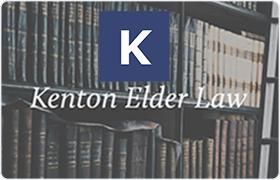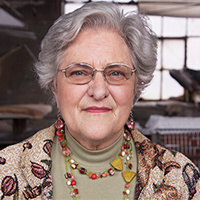ALTERNATE BENEFICIARY
A person, organization or institution that receives property through a will, trust or insurance policy when the first named beneficiary is unable or refuses to ...
(more...)A person, organization or institution that receives property through a will, trust or insurance policy when the first named beneficiary is unable or refuses to take the property. For example, in his will Jake leaves his collection of sheet music to his daughter, Mia, and names the local symphony as alternate beneficiary. When Jake dies, Mia decides that the symphony can make better use of the sheet music than she can, so she refuses (disclaims) the gift, and the manuscripts pass directly to the symphony. In insurance law, the alternate beneficiary, usually the person who receives the insurance proceeds because the initial or primary beneficiary has died, is called the secondary or contingent beneficiary.
 x
x

 Carolyn Kenton Paris, KY
Carolyn Kenton Paris, KY Practice AreasExpertise
Practice AreasExpertise
